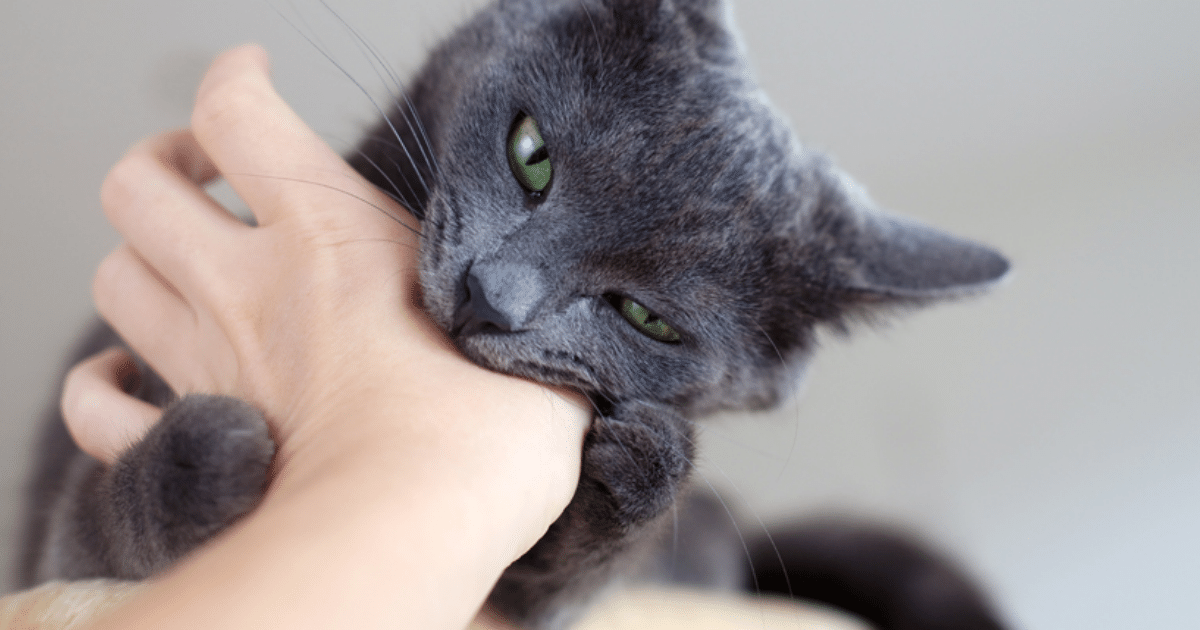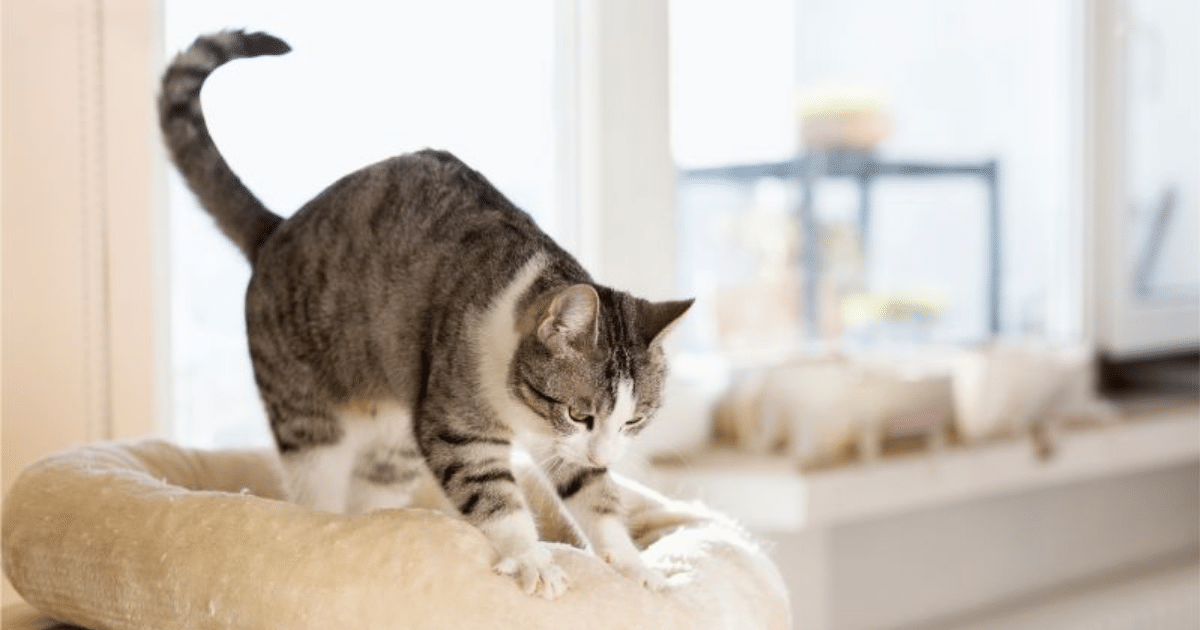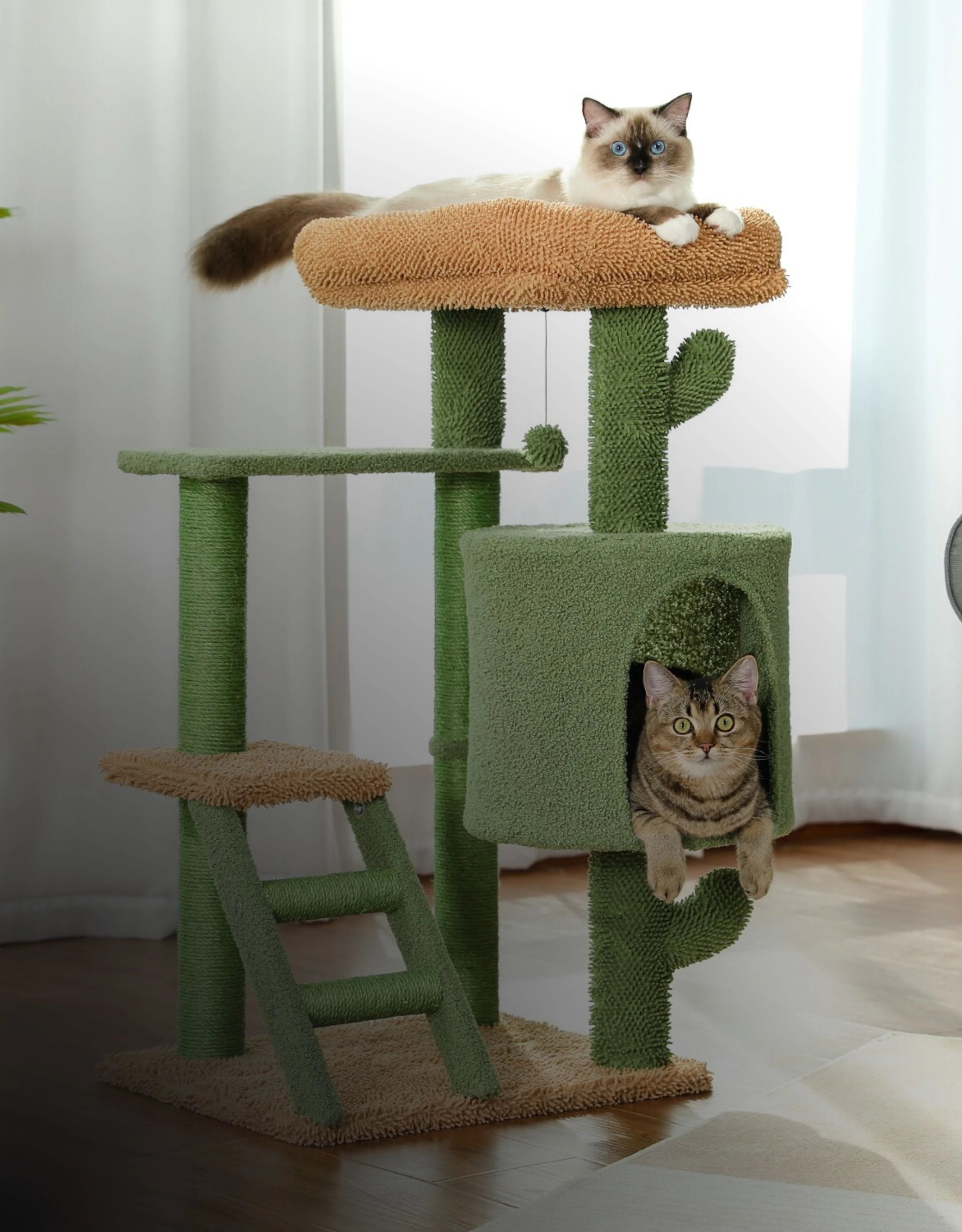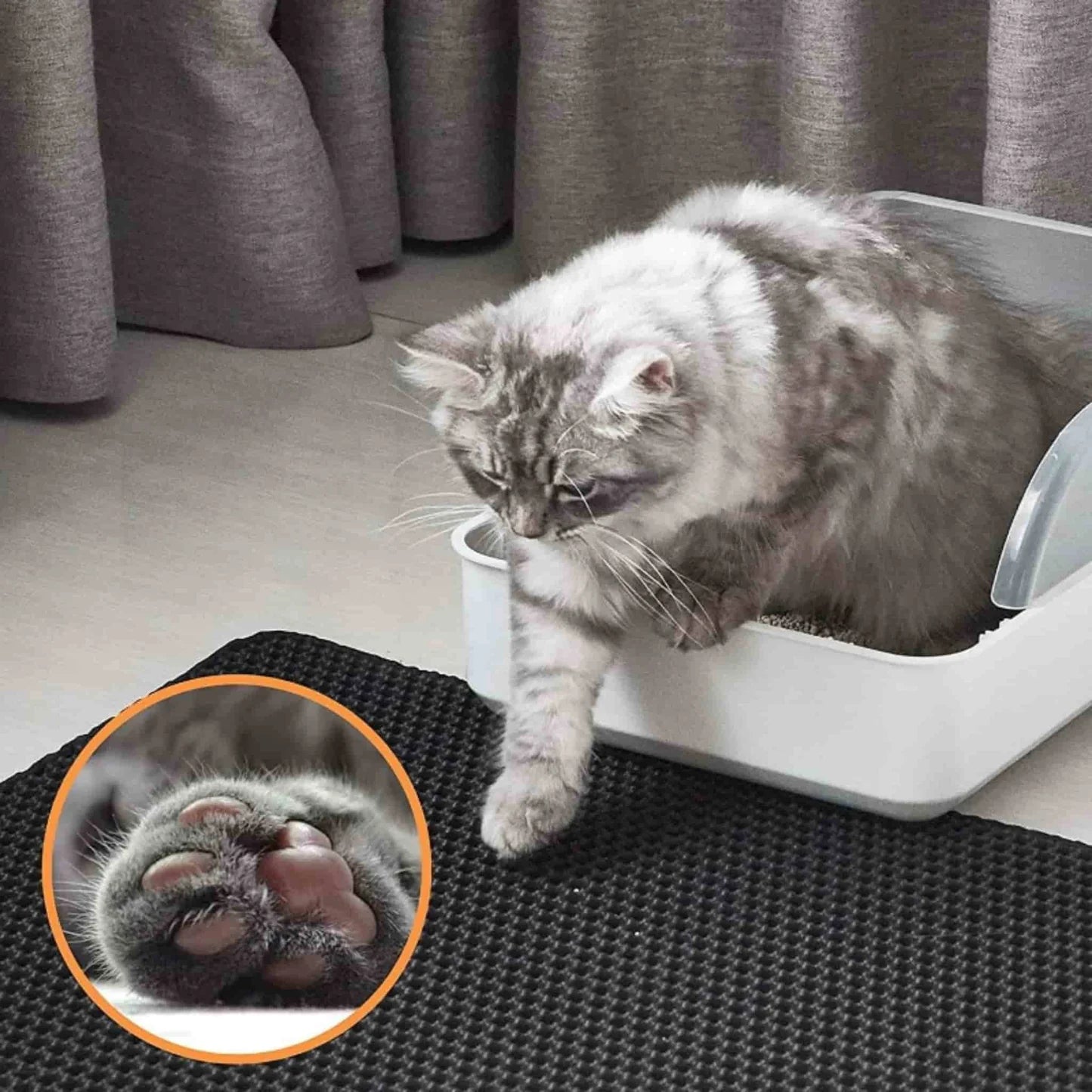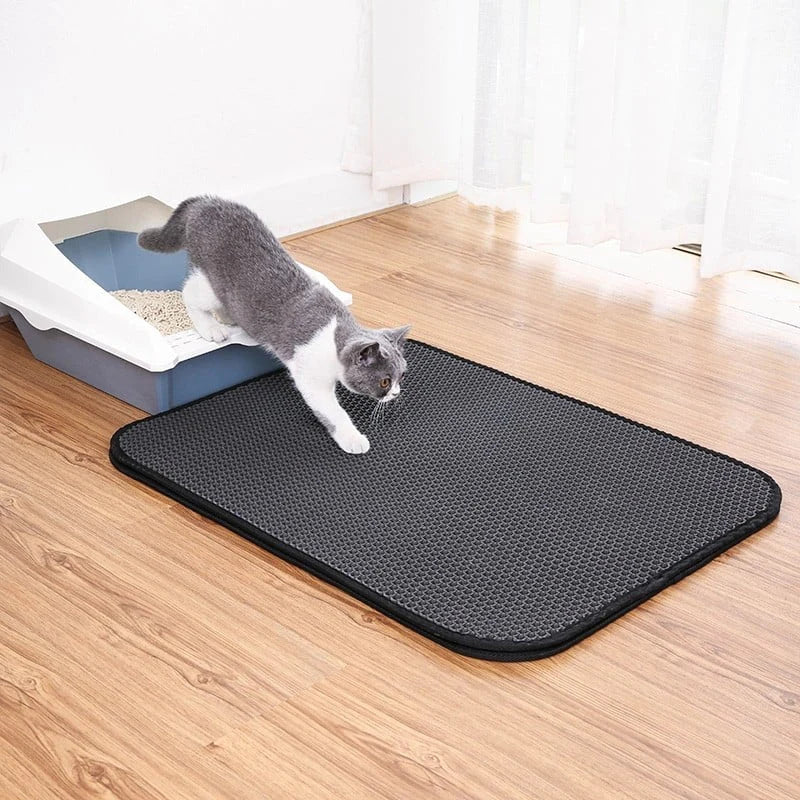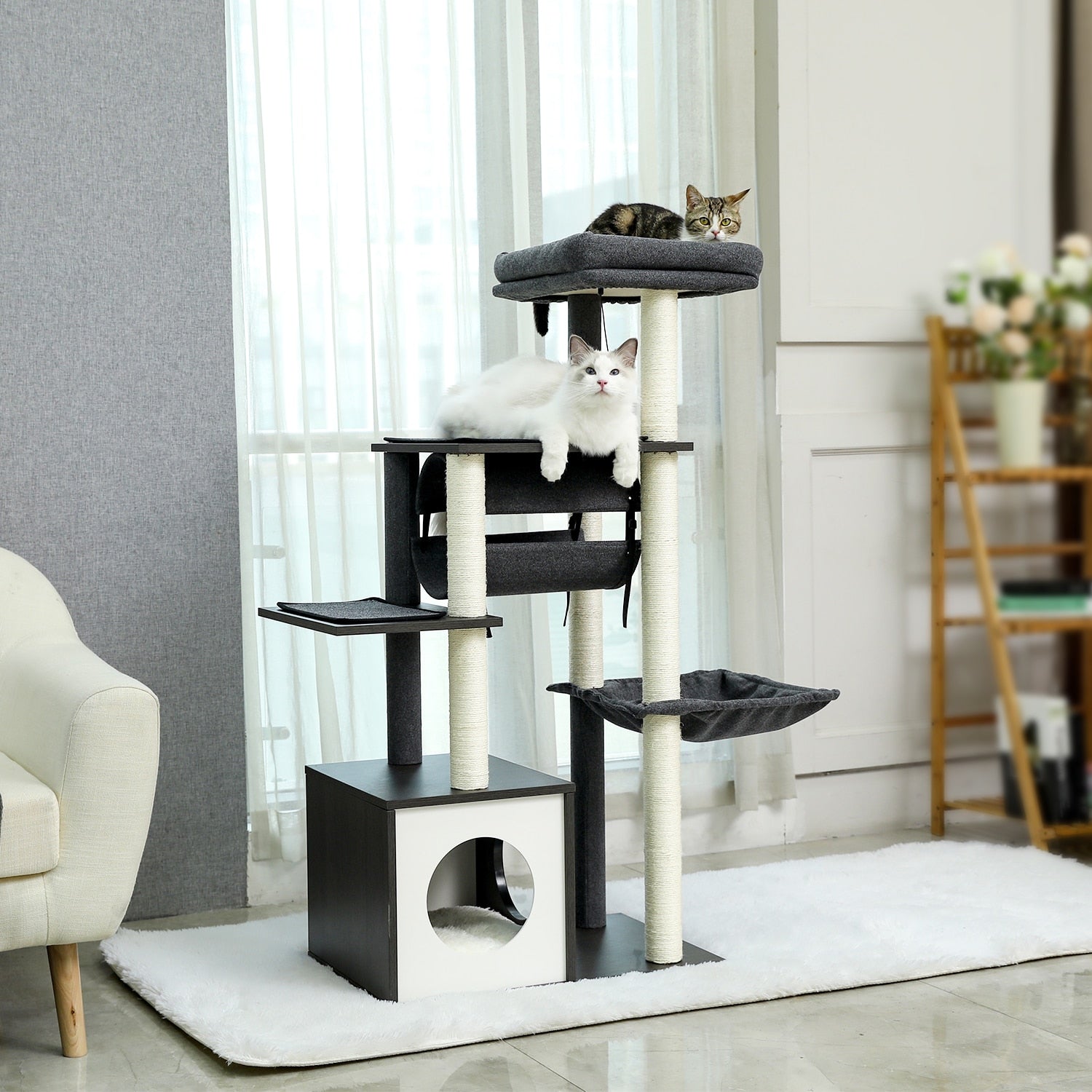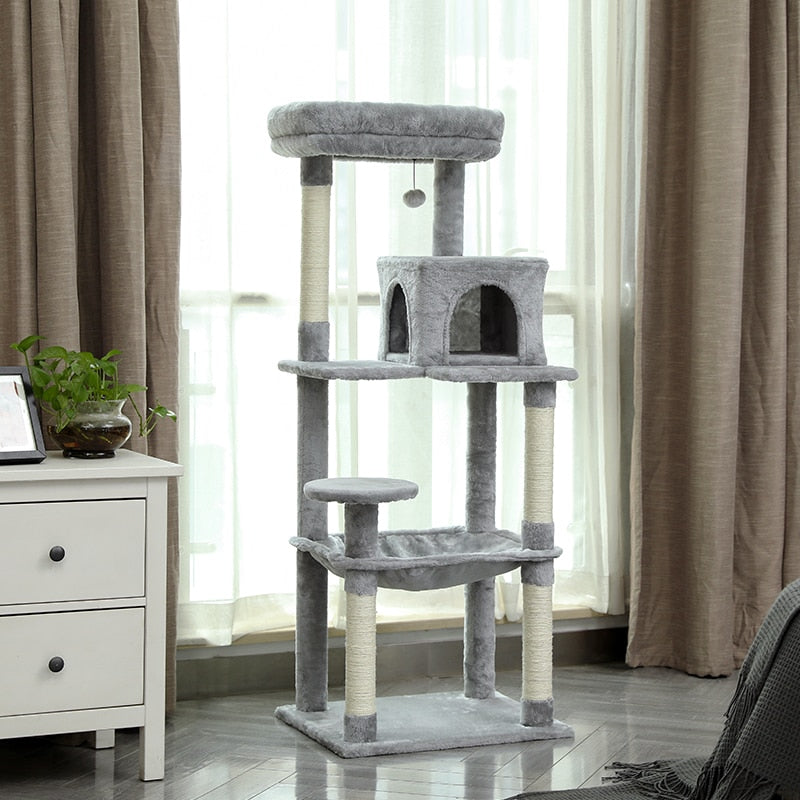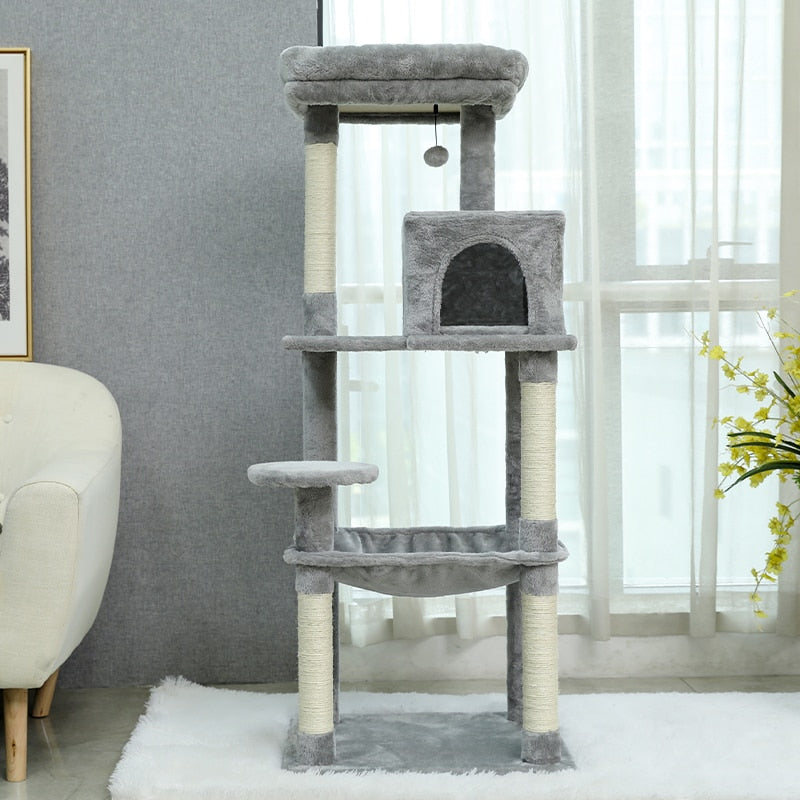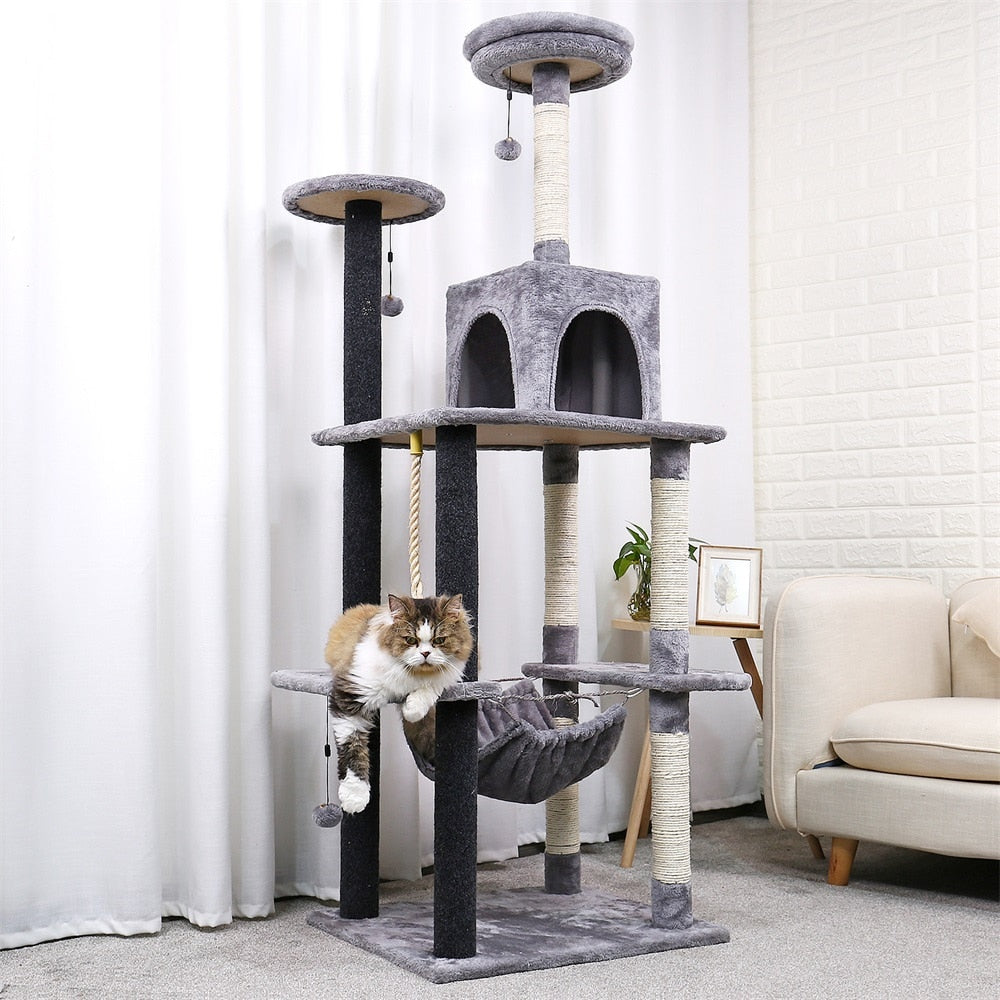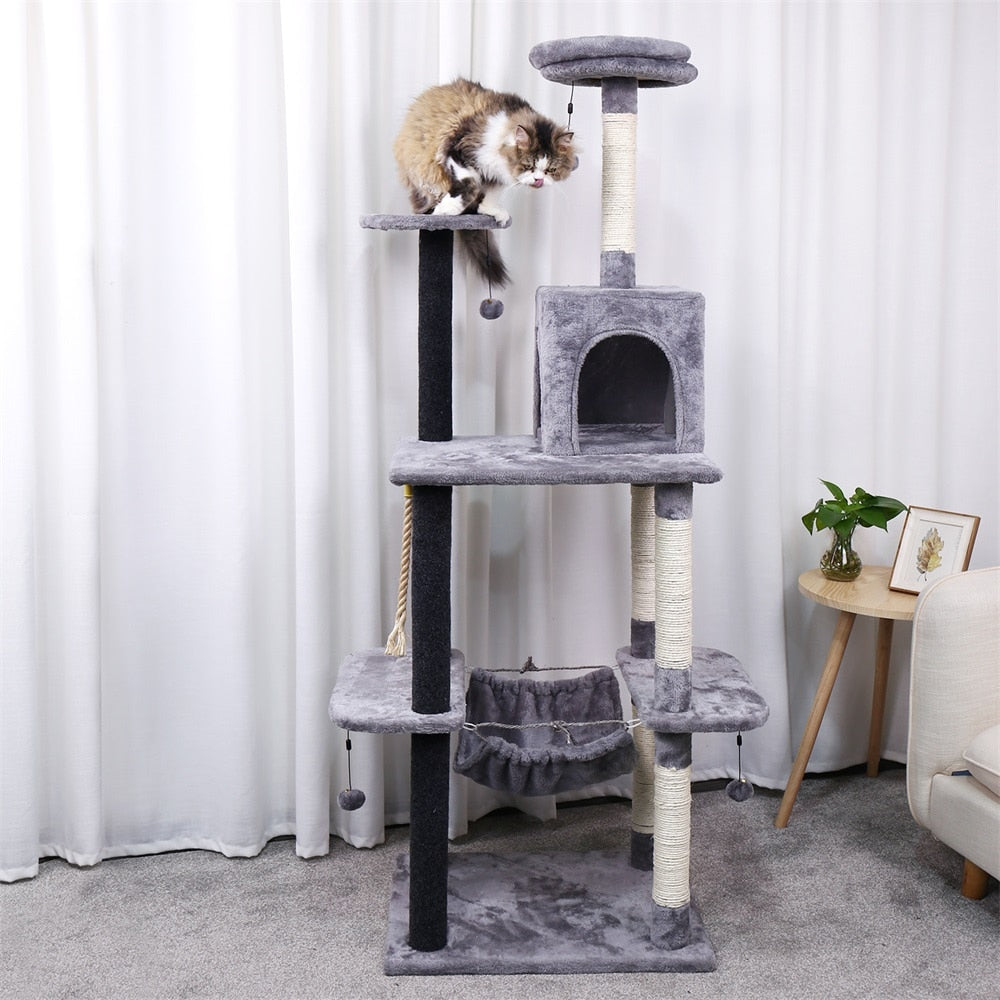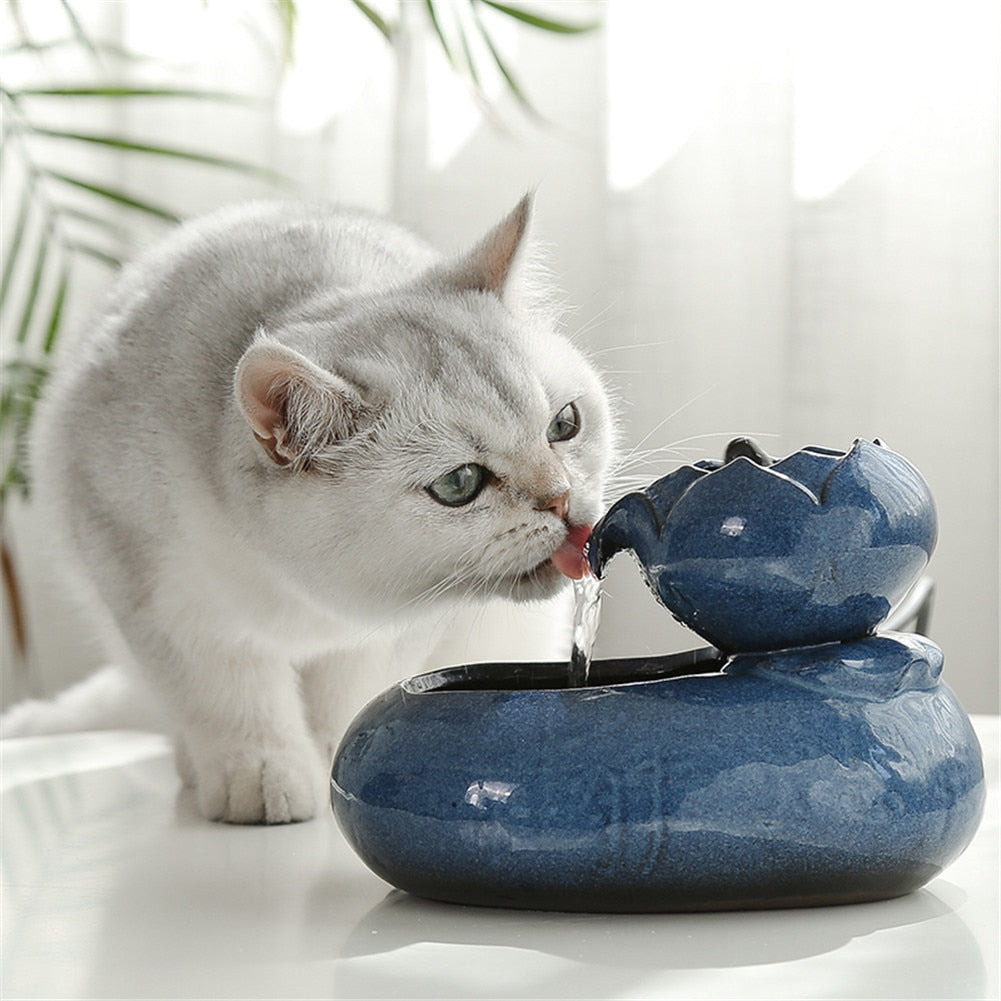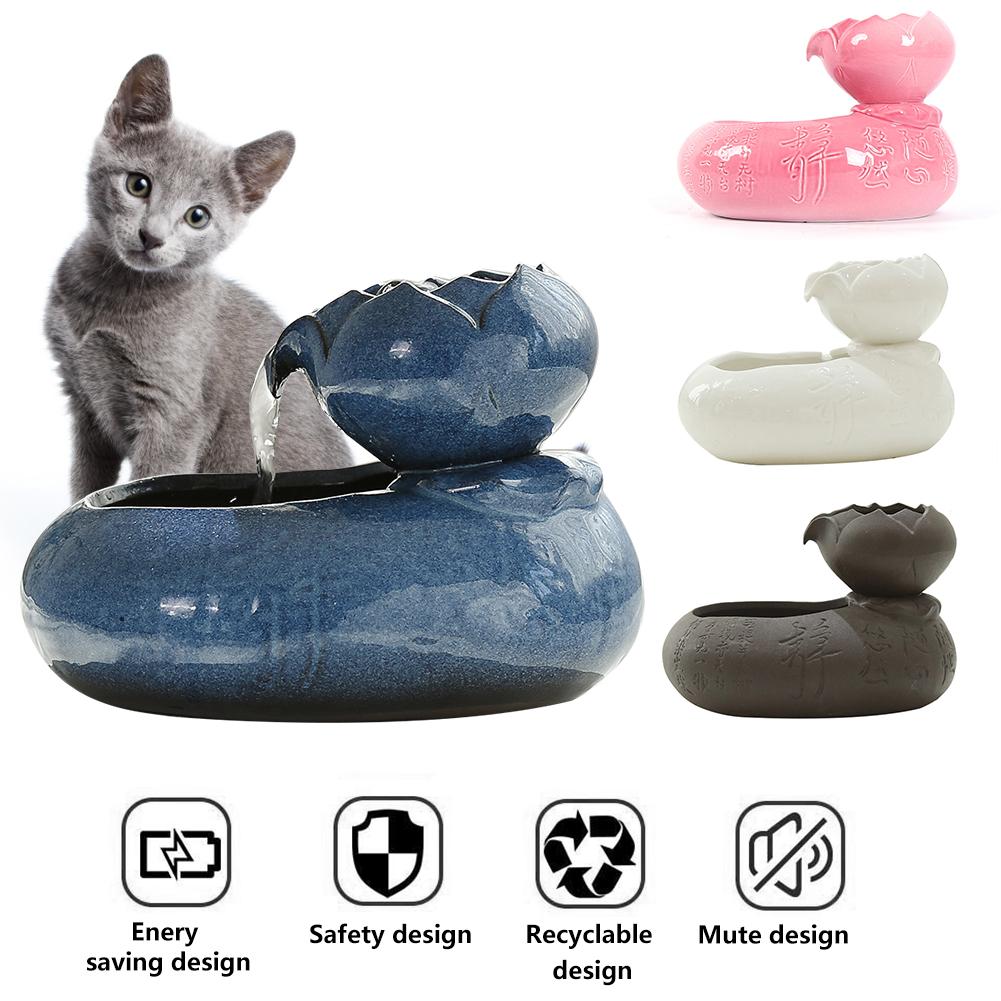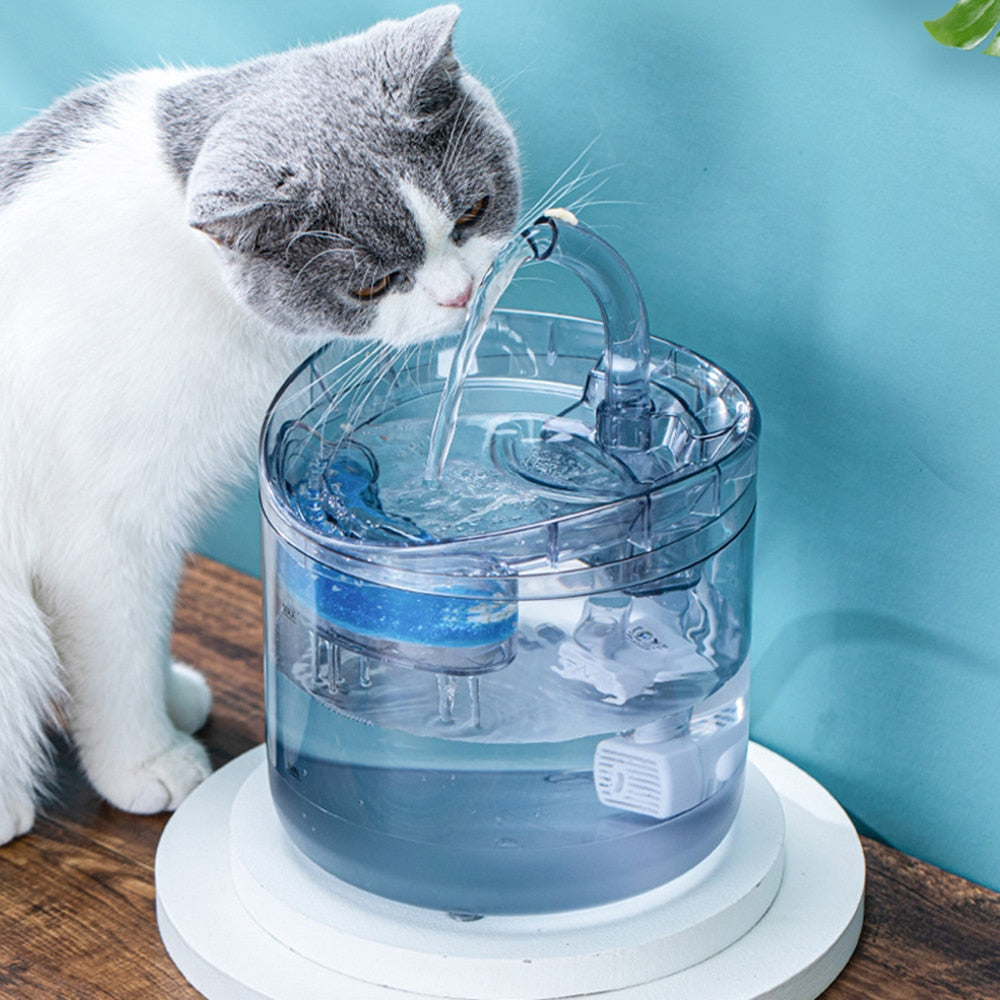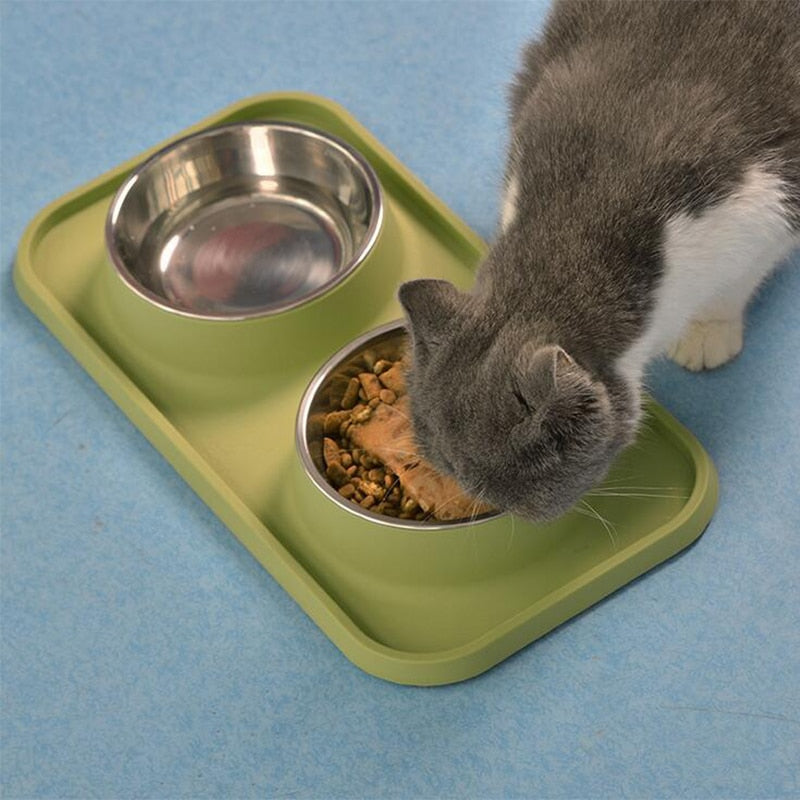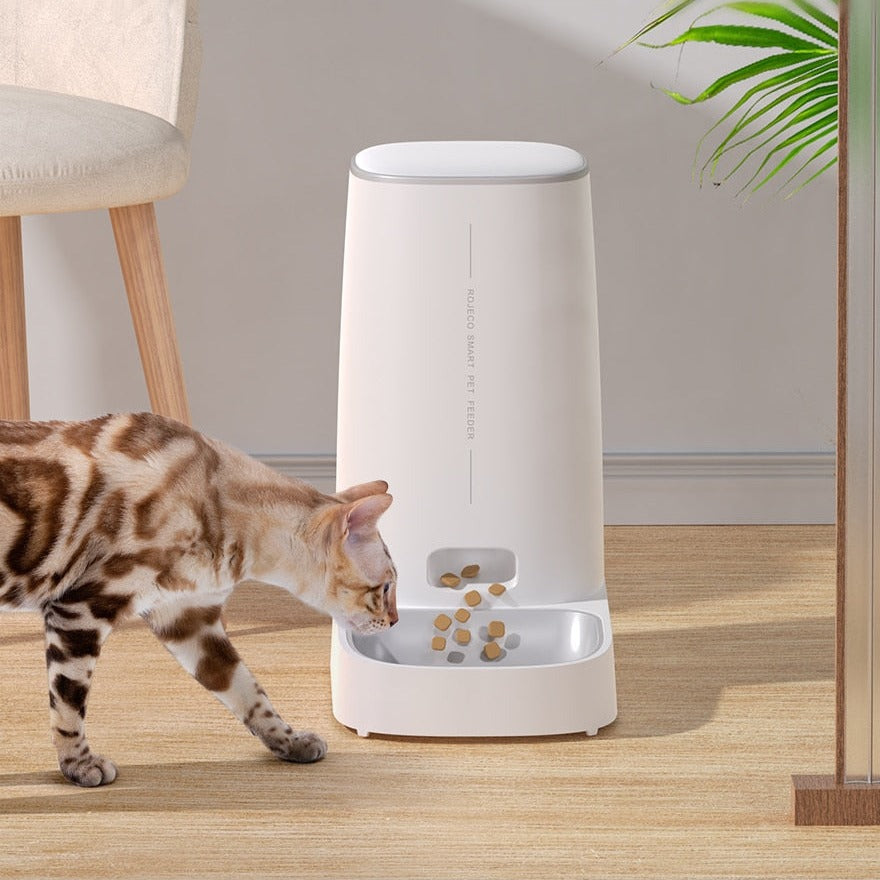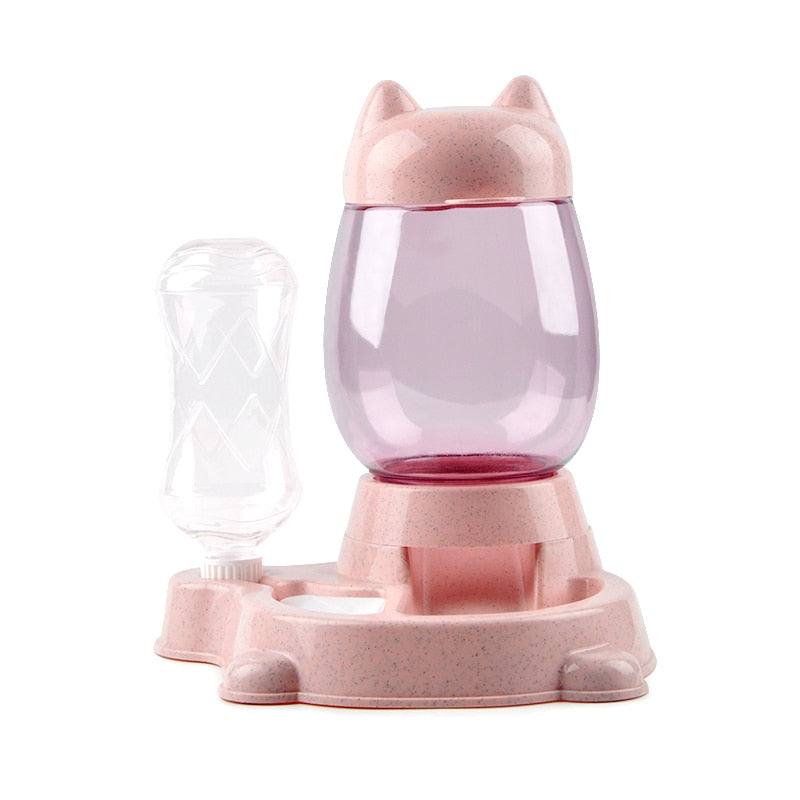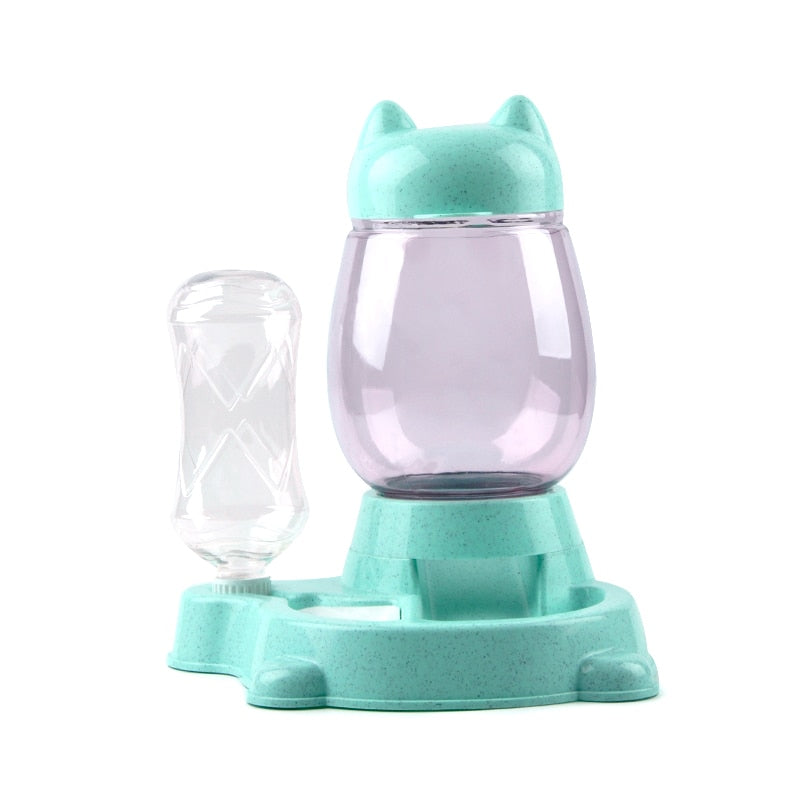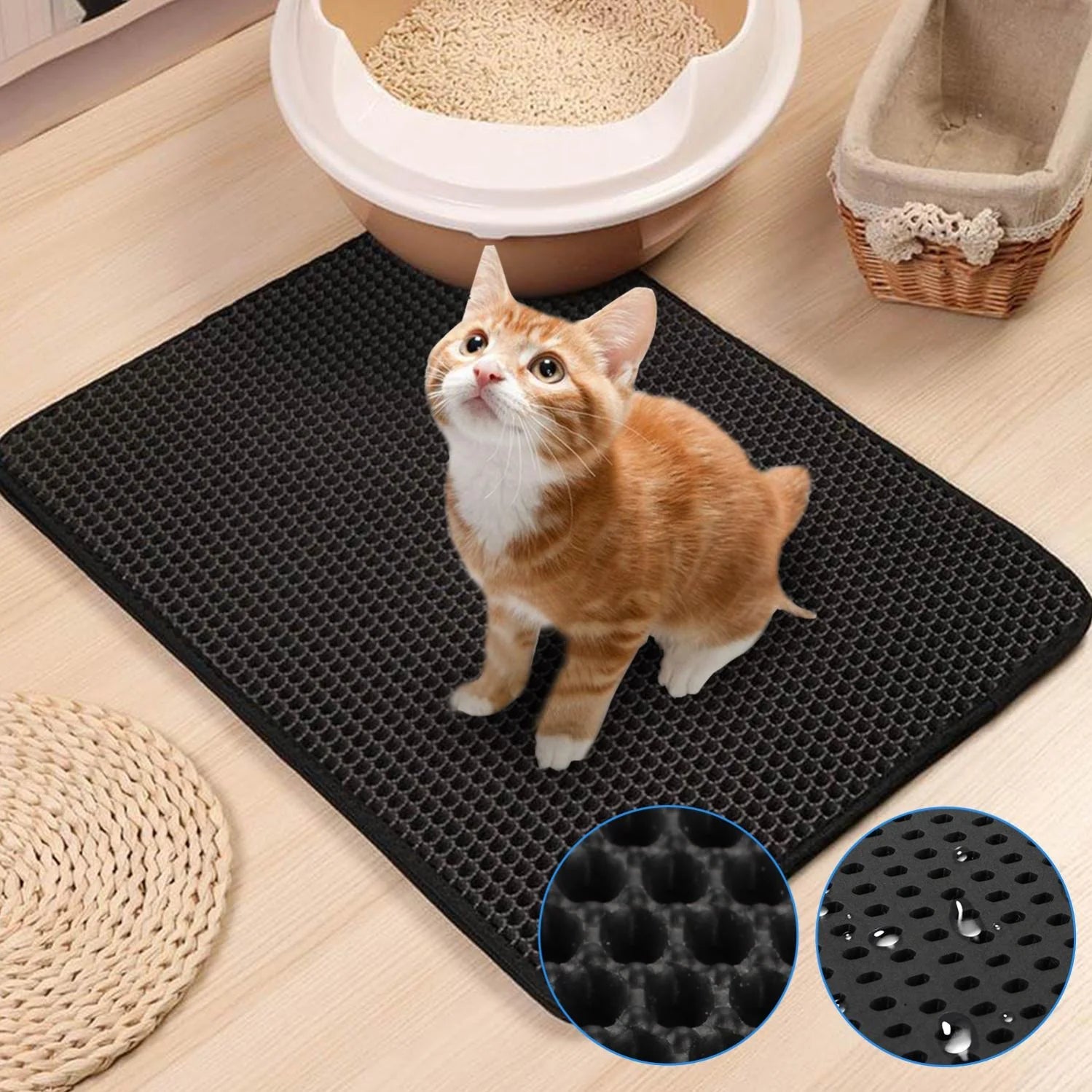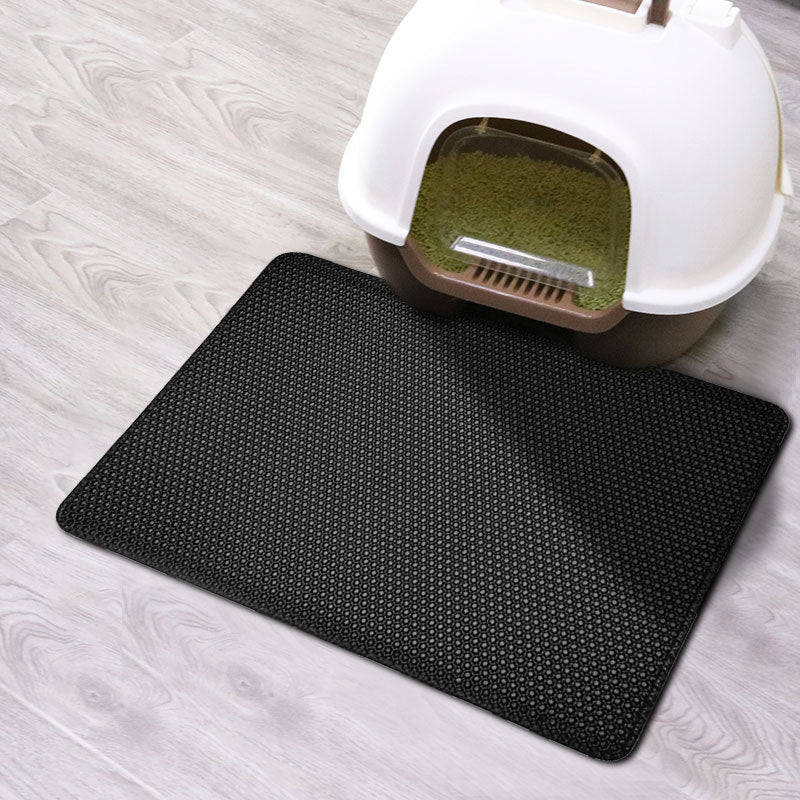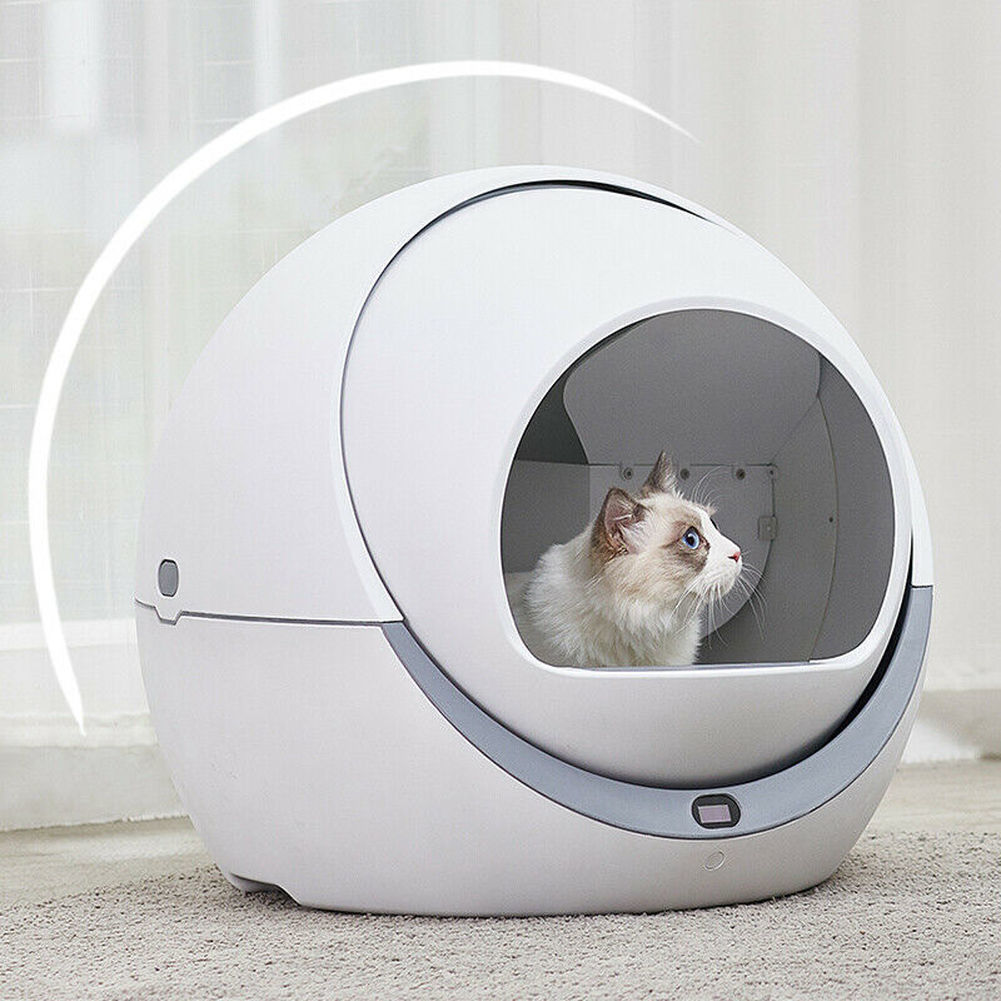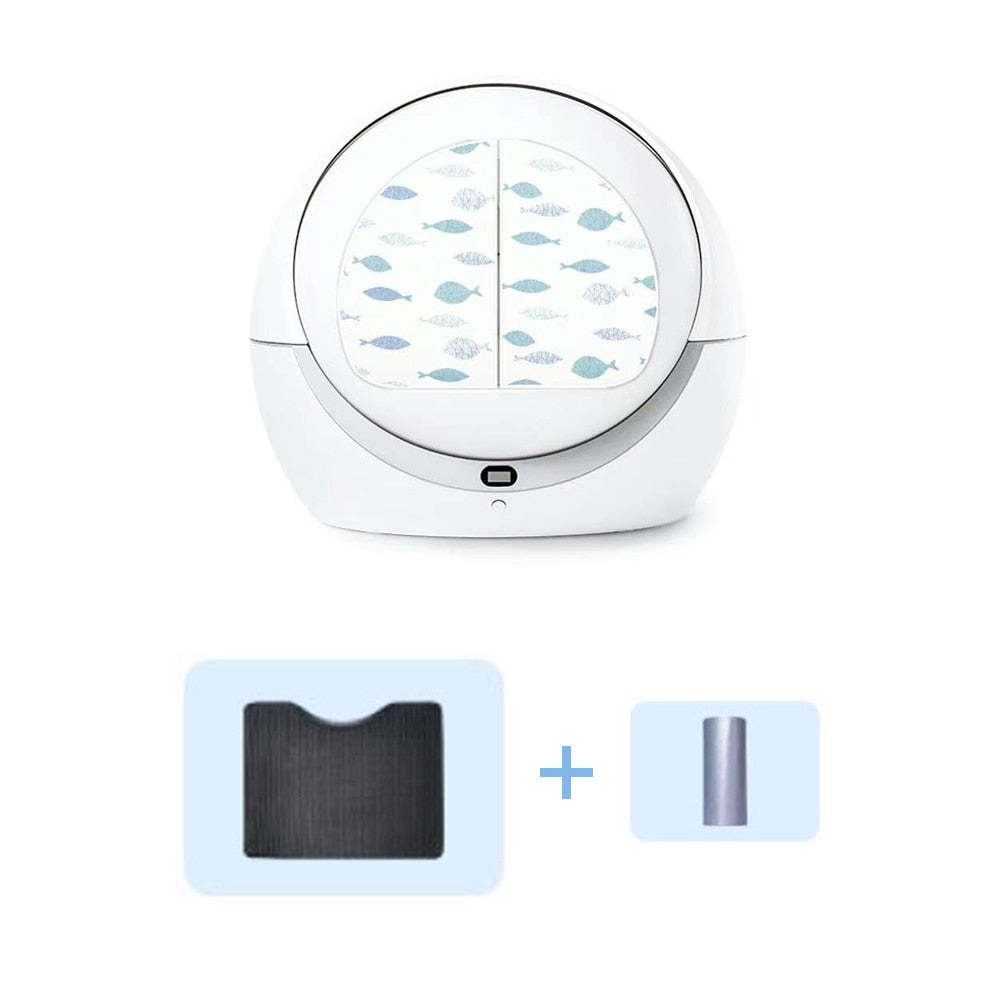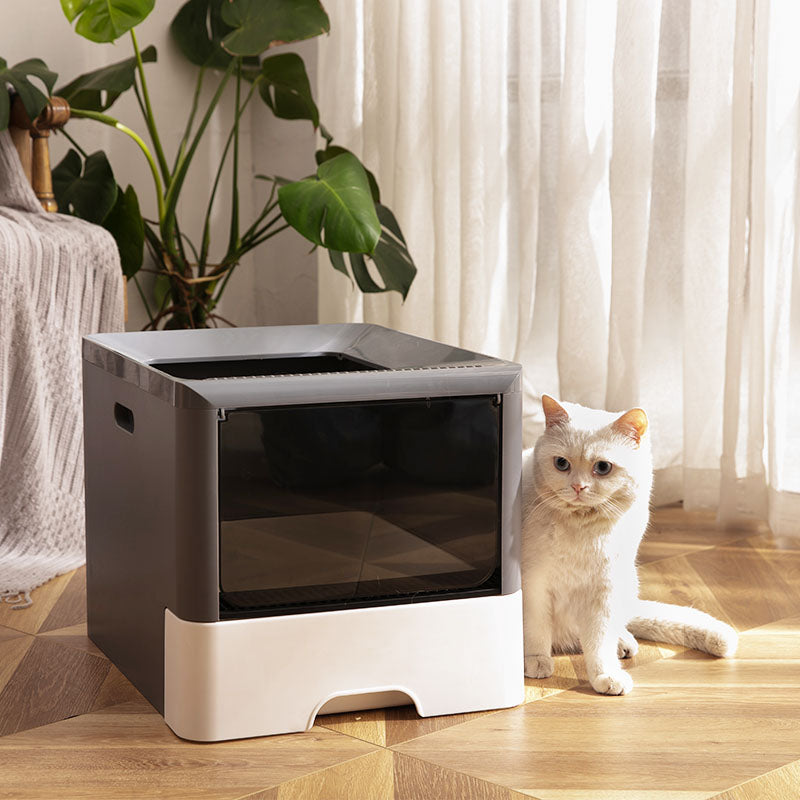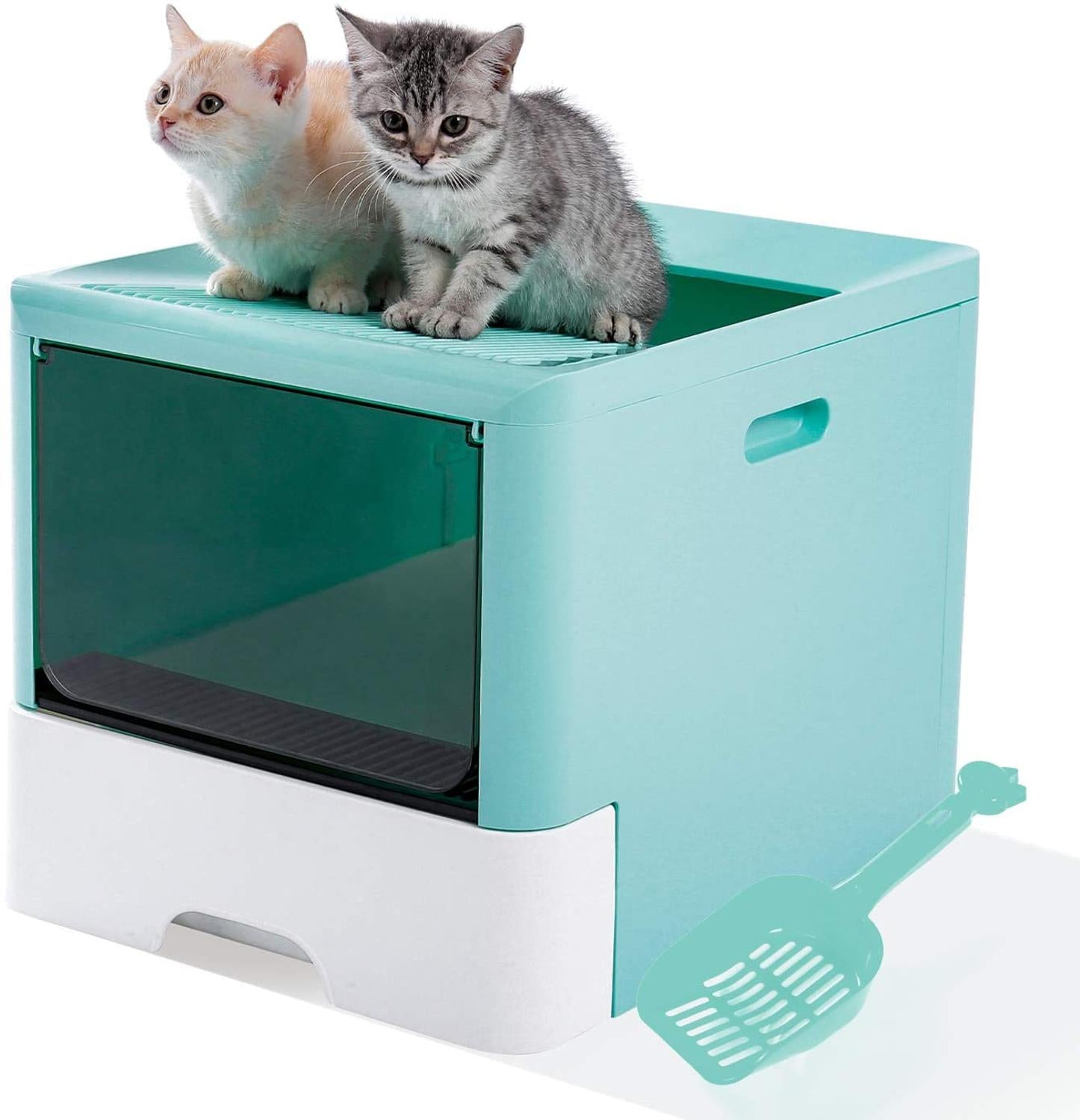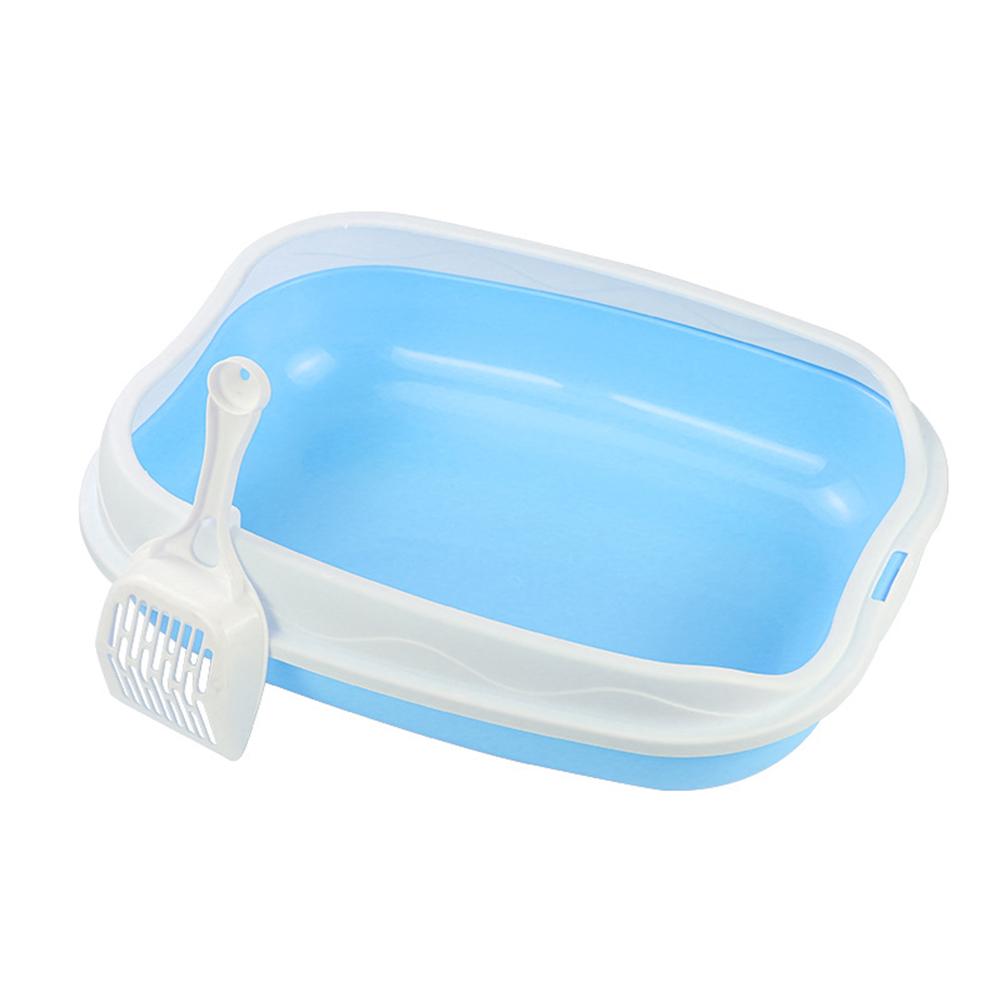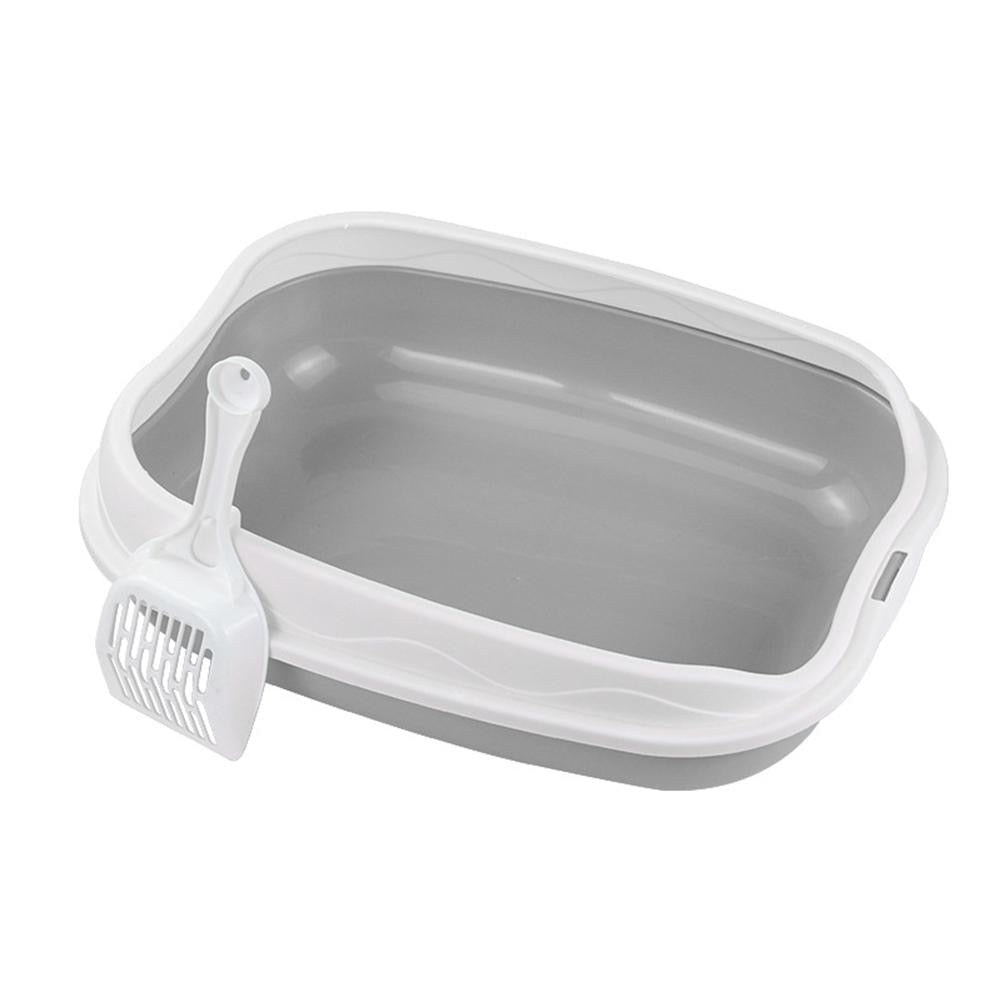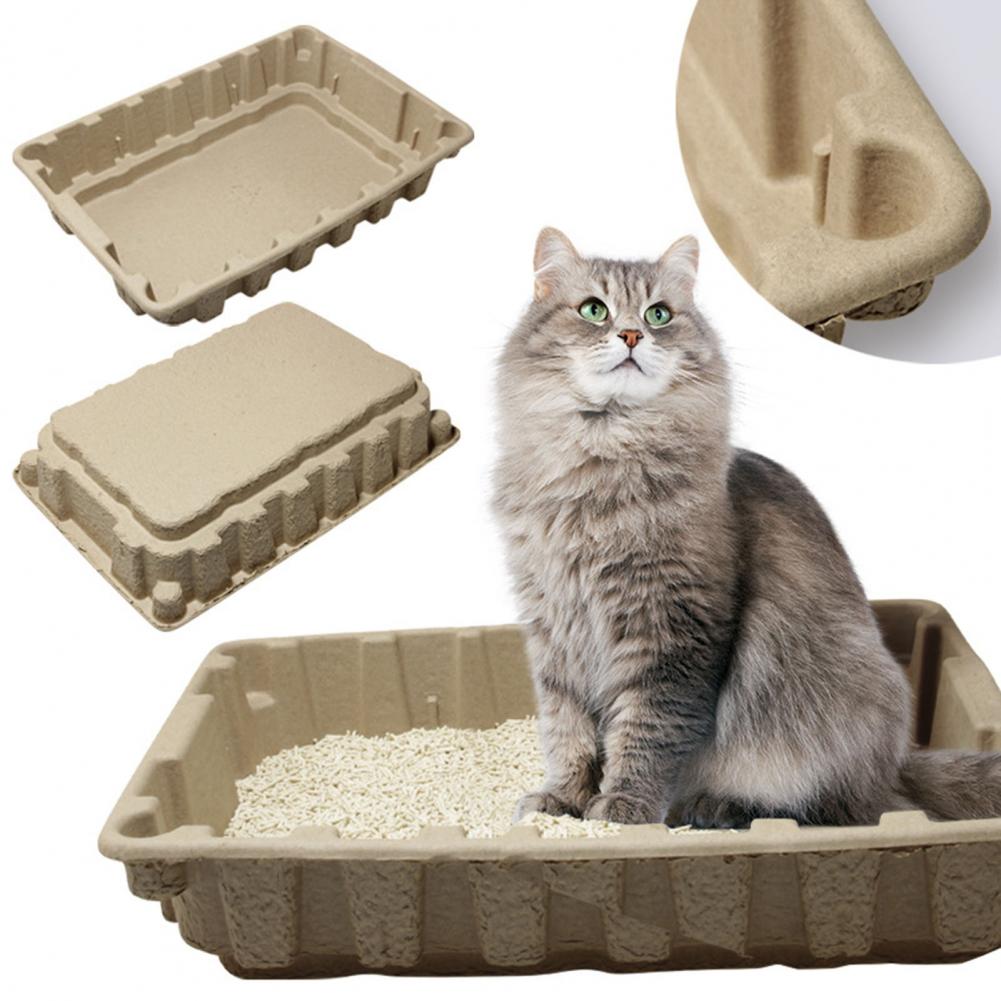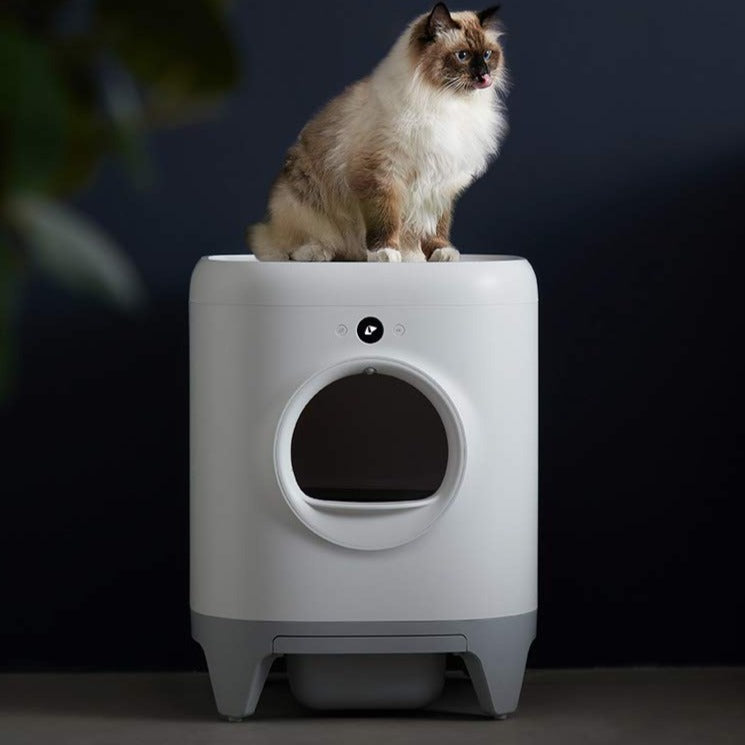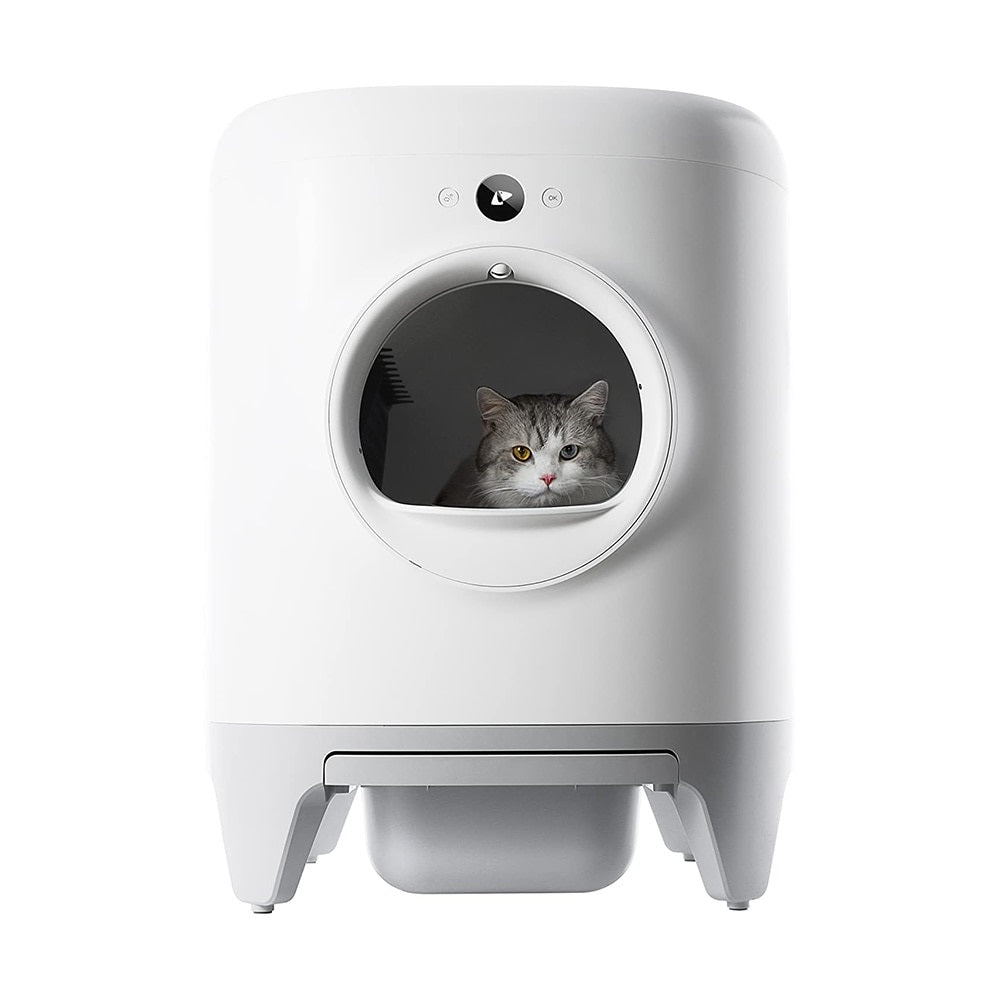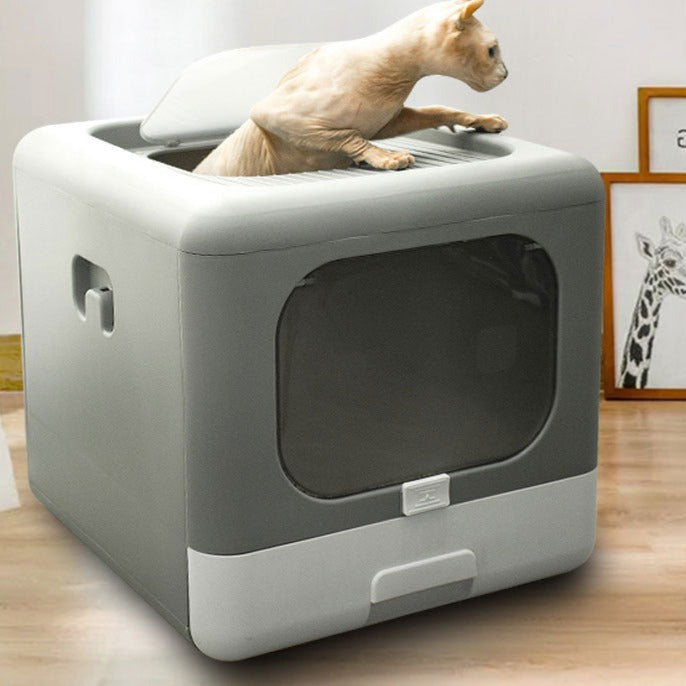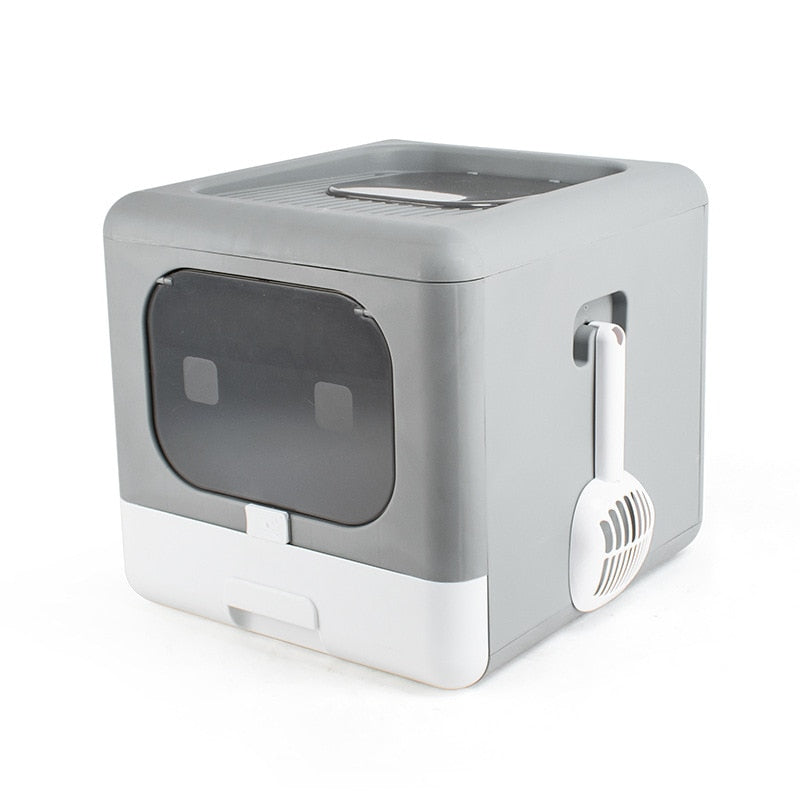Why vaccinate your house cat?

Why vaccinate your house cat?
It is obvious that an apartment cat, which only sees the outside in an exceptional way, is much less exposed to pathogenic parasites and bacteria than an outdoor cat. However, this does not mean that your indoor cat is 100% protected by simply not going out: he can very well contract serious and potentially fatal illnesses, just through your shoes or clothes or clothes. insects.
In the following, this article presents all the good reasons to have your apartment hairball vaccinated .
A house cat can contract many serious illnesses!

Your apartment cat never goes outside, but you do! So even if your house is sterilized, by the simple fact that you go outside, you may be bringing home (via your shoes or clothes) a whole bunch of bacteria and parasites that can be infected. origin of serious illnesses for kitty.
It is also possible that your cat will contract an illness by being near a sick animal during his visits to the veterinarian, a bird sitting on the edge of the window, or an insect bite.
The main diseases for which it is strongly recommended that you have your hairball vaccinated are typhus, coryza and in some cases, rabies.
Typhus The typhus
virus, having the particularity of being very resistant in an outdoor environment, can attach itself very well to your shoes and your clothes, to finally infect kitty.
Coryza
Although having very little resistant germs outside an organism (and therefore not transmissible to cats via humans), coryza has the particularity of being very contagious. A carrier cat just needs to sneeze in the waiting room of a veterinary clinic, for example, to infect your little feline.
Rabies
In addition to being very contagious for cats, rabies has the particularity of being also transmissible to humans, which makes it very dangerous. This is the reason why if you are often called upon to leave French territory with your cat, the regulations require that kitty be vaccinated against this disease beforehand.
The vaccine is the only way to effectively protect your cat against these diseases
Injection of the pathogenic microbe (of a given disease) dead or weakened, the vaccine aims to stimulate the immune system of the cat in order to allow it to fight effectively the disease . This is the best way to protect and prevent serious, extremely contagious and potentially fatal illnesses such as typhus, coryza and rabies, and even more so for cats with access to the outdoors.
When should you start having your apartment cat vaccinated?
You must have your cat vaccinated as soon as possible, from the moment he begins to be weaned and therefore no longer benefits from the antibodies in his mother's milk. So against typhus and coryza, it is around the age of 8 weeks that you must vaccinate your little animal. However, you must wait until he is at least 12 weeks old to be able to vaccinate him against rabies.
Don't forget the vaccine reminders!
Note that the very first vaccine is not enough on its own. After the first vaccination, you must bring your cat to the vet 3 to 5 weeks later, for a first booster of the vaccine. After that, all other vaccine booster shots will be done only once each year.
To Learn More About Cat Vaccination
If you have more questions about preventative cat care you may be worried about, read on with these articles on your pet's health.
- How much do the first vaccines cost for your kitten?
- When to vaccinate a kitten for the first time? Not to mention the vaccine reminders!


